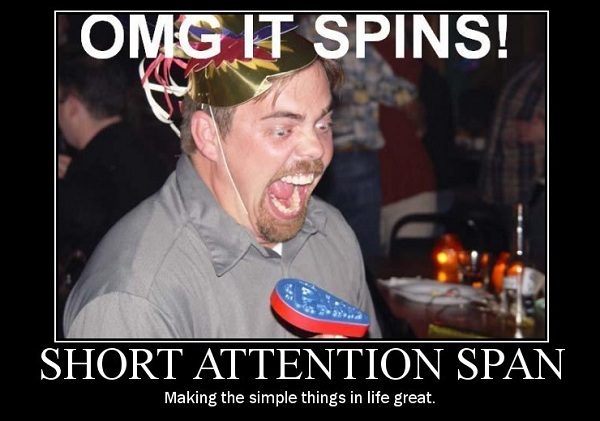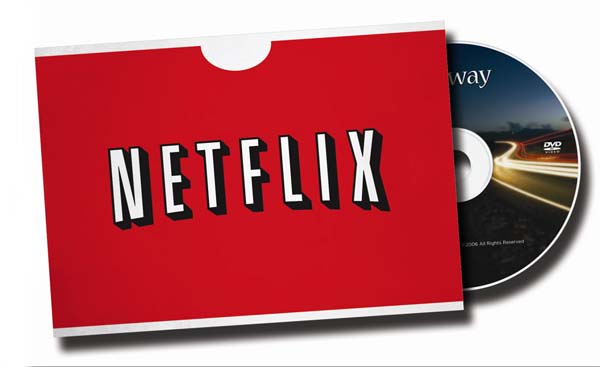Capitalism, though a big, incredibly complex concept, can be boiled down to a few basic ideas: there should be private property; you should have a free market; and people should exchange currency for goods and services at the price the market will bear.
In many ways, the web seems like it is the best place for capitalism and a free market to flourish. The internet is full of success stories of massive growth and humble beginnings, and the lack of many barriers that plague the physical world has seen online business grow at an exponential rate.
Yet, at the same time, the web seems to have a knack to kill off businesses too. And though this is all part of the free market, it seems online businesses have to contend with the idea that the internet is radically changing some of the basic ideas about how our economy runs.
The Trend Toward Free
Recently, Nintendo President Satoru Iwata made some comments that they would refuse to support garage developers for their new 3DS handheld console. It is a line that Iwata isn’t willing to cross because he wants the value of ‘real’ games to stay high.
It is, interestingly, the same argument being made in all forms of media businesses: even though there is a ton of free or very cheap stuff available because of the web, media companies wish to have their product, whether TV, movies, games or music, remain at the same relative value.
But we know that the web drives down the marginal cost of things to zero (see above clip). We’ve seen it most clearly with the music industry, where the downturn in CD sales was never made up by digital sales.
The Web and Our Brains
But there’s something else at work here too. Almost all of the changes that have taken place due to the web are (if you can avoid the obvious Seinfeld jokes) about shrinkage.
Long-form journalism is threatened by YouTube, short blog posts, Twitter and attention spans. The album is being replaced by the single. Movies are threatened by people who want a much smaller window between theatrical release and home release. And games too are now under threat by cheap iOS and Android games that take time away from blockbuster console releases. It’s a cycle about a thing that requires more attention being replaced by the thing that requires less attention.
It’s as if the web is the perfect machine that appeals to our basest desires, our id: it lets us instantly gratify ourselves and then move on to the next thing. And studies have shown that we crave newness so much that we get overwhelmed by it, which partly explains why we check our email, Twitter etc. so frequently. In a way, we’re hardwired for it.
The Problem (and Solution?) for Capitalism
But the problem for the business world is that as content shrinks, so too does the price you can charge for it – if you can charge at all. So media companies are left with a dilemma, because while their business was always about appealing to people’s pleasure centers, those pleasure centers are also responsible for the insatiable desire for ‘more’ and ‘faster’. To wit, capitalism might be eating itself.
Capitalism works because it asks us to enjoy ourselves. This is what the consumer economy in the wealthier parts of the world is based on. People have basic needs and once they meet them, they spend their money on things they like.
But, what’s key here is that capitalism is an incredibly dynamic force. And what seems to be happening is that the idea of exchanging a set amount of money for one specific thing that be going away.
What is instead taking its place are things like Netflix, cloud streaming etc. – to wit, subscription plans. Because the value of each item in someone’s attention span has dropped so low, it seems the thing to do is charge for access to a stable of content rather than one specific piece of content.
But the central premise that you exchange money for goods might be giving way in which you either charge for access, or charge for the things surrounding the content – the old merchandise, live shows argument rather than the album.
Either way, what’s clear is that the web will have a profound impact on the basic economic ideas we take for granted now.




That’s interesting, great video!
Great article. Bad title. This isnt capitalism being redefined, it is capitalism at work. Capitalism is the function by which peoples desires are met in the most efficient way possible. As the article states we are hardwired to desire new things as quickly as possible. The web has just made it easier for capitalism to satisfy this desire. It hasnt changed capitalism in any way it is just a new tool in the capitalist arsenal.
I predict the sale of weapons will eventually go down in part because of the Web.
Sunder on What Controlled Demolition Looks Like
http://bit.ly/Sunder_on_What_Controlled_Demolition_Looks_Like
Dude actually brings up a very good point I think.